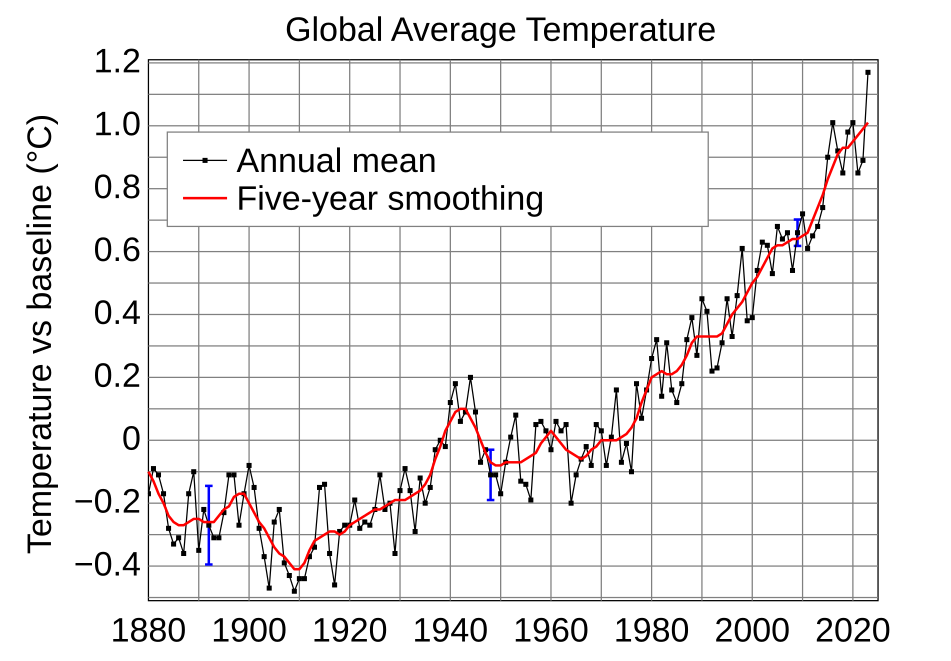I just read an article in “Philosophy Now” with this title. The article is definitely worth a read as it tackles common misapplications of Ockham’s Razor.

To fill you in on this principle, let’s quote WhatIs.com:
Ockham’s razor (also spelled Occam’s razor, pronounced AHK-uhmz RAY-zuhr) is the idea that, in trying to understand something, getting unnecessary information out of the way is the fastest way to the truth or to the best explanation. William of Ockham (1285-1349), English theologian and philosopher, spent his life developing a philosophy that reconciled religious belief with demonstratable, generally experienced truth, mainly by separating the two. Where earlier philosophers attempted to justify God’s existence with rational proof, Ockham declared religious belief to be incapable of such proof and a matter of faith. He rejected the notions preserved from Classical times of the independent existence of qualities such as truth, hardness, and durability and said these ideas had value only as descriptions of particular objects and were really characteristics of human cognition.
Ockham was noted for his insistence on paying close attention to language as a tool for thinking and on observation as a tool for testing reality. His thinking and writing is considered to have laid the groundwork for modern scientific inquiry.
Ockham’s insistence on the use of parsimony (we might call it minimalism) in thought resulted in some later writer’s invention of the term, Ockham’s razor. Among his statements (translated from his Latin) are: “Plurality is not to be assumed without necessity” and “What can be done with fewer [assumptions] is done in vain with more.” One consequence of this methodology is the idea that the simplest or most obvious explanation of several competing ones is the one that should be preferred until it is proven wrong.
The article in “Philosophy Now” tackles the logical boundaries of this principle. When it can be used and when it can not be used. I won’t reiterate the article here, only expand upon it – and in a way that doesn’t require reading the article to get my point. Here goes:
One common atheist line of reasoning is that since science is successfully explaining more and more of existence, the need for God becomes less and less. And by applying Ockham’s Razor, we might as well erase the need for a God altogether. This is a theme common among New Atheist authors such authors as Richard Dawkins and Sam Harris.
This logic is wrong. And it is easily proven through simple mathematics:
If you have one value decreasing as a result of another increasing, you cannot simply assume that if the increasing value gets arbitrarily high, the other will eventually become zero. Even if the increasing value becomes infinite, there is no reason to think that the decreasing value becomes zero.
Consider this simple equation:

As “x” approaches infinity, the result, “f(x)” approaches zero. But it will never become zero. Because if you were to equate 1/∞ with zero, you would get the obvious absurdity that ∞/∞ is also zero:

..which obviously is absurd. Informally, such uses of Ockham’s Razor comes under the heading of the “hasty generalization” fallacy.








